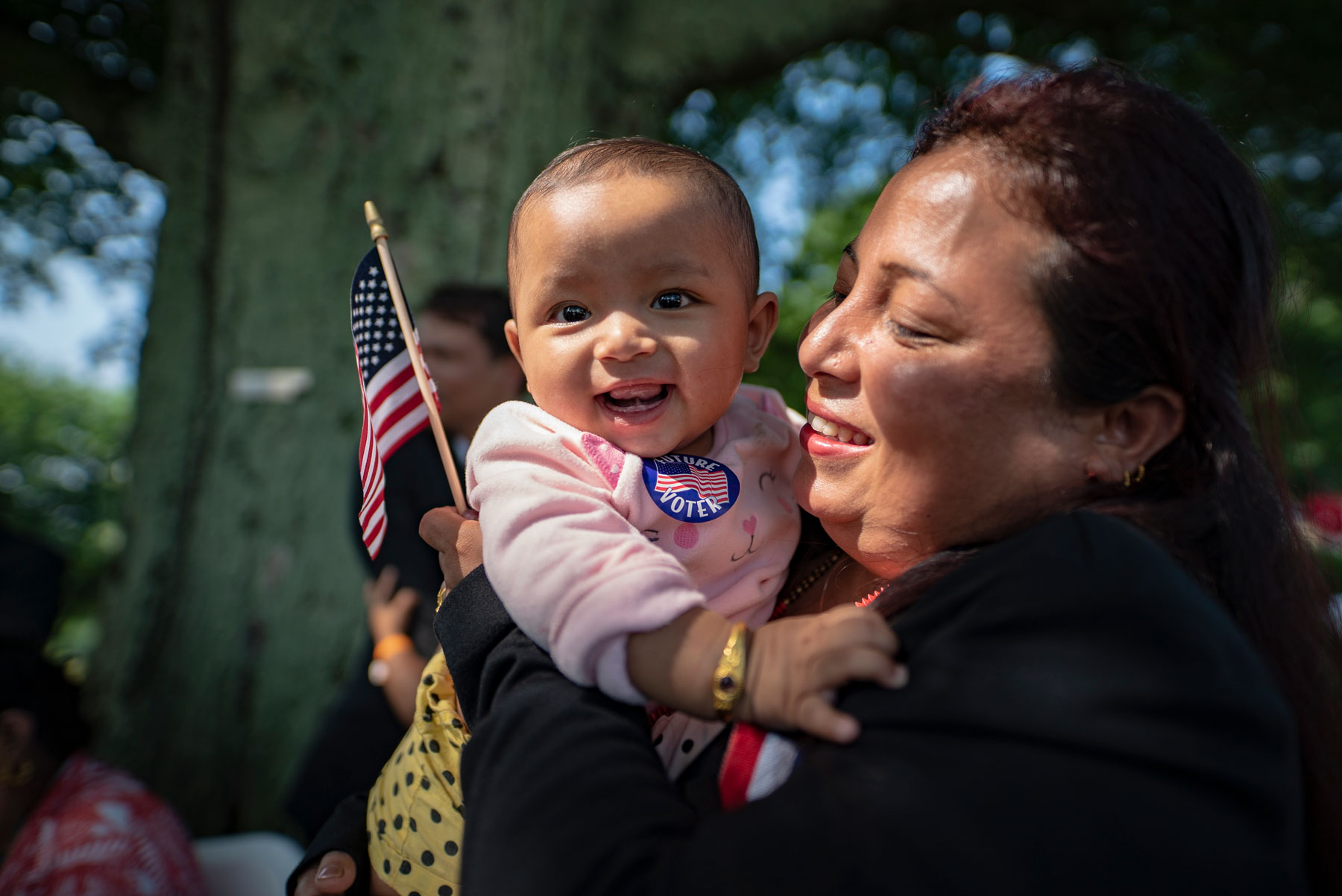
Resettlement Revolving Fund
Restructuring the way we finance refugee resettlement to see refugees as an investment
In this new model for refugee resettlement finance, a self-sustaining fund provides countries with finance for refugee resettlement, and is replenished as refugees fuel economic growth.
The world is facing the worst refugee crisis since World War II, with international response struggling to meet the needs of more than 25 million refugees worldwide. Today, 1.3 million refugees are in dire need of resettlement, however, less than 1% of refugees are resettled globally. Many countries have expressed a desire to host additional refugees, but struggle to find the funds required to host them.
One innovative approach Airbel is taking forward and engineering is a new financing model for refugee resettlement. This model would provide countries with a pool of funds to open additional slots for resettling refugees. It would then be then replenished through a proportion of the taxes that refugees generate as they become economic net contributors. The fund would be capitalized by a blend of philanthropic funding and impact investments, making the undertaking less risky for investors. This model would break down major barriers to refugee resettlement, with real benefits for refugees, host countries, and investors.
Costs of resettlement, as well as the returns it generates, vary by country. On average, resettling refugees costs an estimated 20,000 USD per person across countries that currently resettle. In addition to these costs, the facility would provide funds for social services during the period leading up to refugees becoming net contributors. Using publicly available data, we have built a model that projects the financial flows and costs for a country resettling new refugees across all OECD countries.
Launching a financial facility that increases refugee resettlement holds huge promises. It will not only provide tens of thousands of refugees life-changing opportunities, but it has the potential to fundamentally reimagine and restructure how we finance the current displacement crisis.